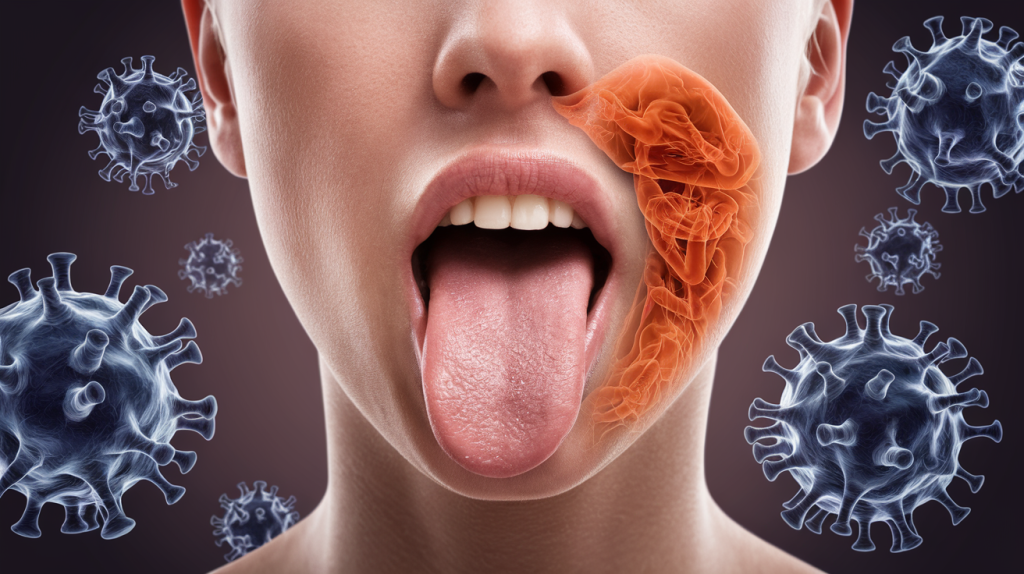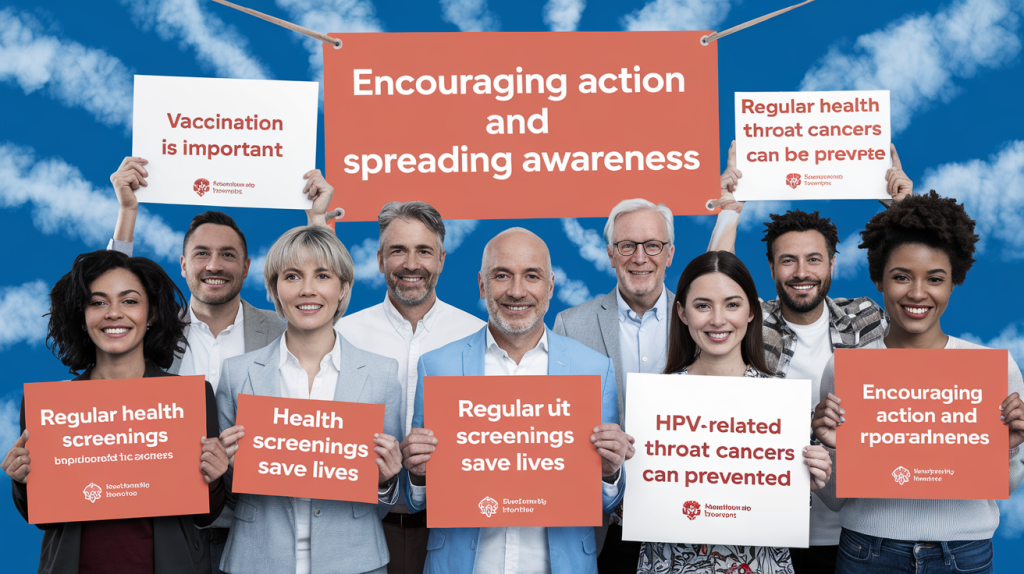A Growing Health Concern
While HPV is widely known for its role in cervical cancer, its connection to throat cancer has emerged as a pressing concern in recent years. Oropharyngeal cancer, specifically in the tonsils and base of the tongue, is increasingly linked to HPV infections. This evolving understanding highlights the need for public awareness and proactive prevention strategies to mitigate rising cases globally.

The Nature of HPV and Its Impact
Human papillomavirus (HPV) encompasses over 200 strains, with certain types classified as high-risk due to their potential to cause cancer. Although HPV is often associated with genital infections, it can also infect the throat, leading to oropharyngeal cancer. Health experts estimate that HPV accounts for the majority of throat cancer cases in many countries, emphasizing the virus’s far-reaching implications.
Scientific Findings on HPV and Throat Cancer
Leading medical research has illuminated the link between HPV and throat cancer. A notable study from Johns Hopkins University revealed a staggering increase in cancer risk among individuals with oral HPV-16 infections. This strain, one of the high-risk variants, is recognized as a major driver of HPV-related cancers. Such findings underscore the importance of addressing this issue through education, screening, and early intervention.
Recognizing Symptoms and Seeking Help
HPV-related throat cancer often presents subtle symptoms that can mimic benign conditions, making early detection challenging. Common indicators include persistent sore throat, difficulty swallowing, ear pain, and swelling in the neck. Identifying these signs early significantly improves treatment outcomes, as HPV-related throat cancers often respond well to therapies when diagnosed in time.
Prevention Through Vaccination and Healthy Habits
Vaccination remains one of the most effective tools against HPV-related cancers. Vaccines like Gardasil provide protection against high-risk HPV strains, offering a critical layer of prevention. Health authorities recommend vaccination for preteens and young adults before exposure to the virus. Additionally, avoiding tobacco, limiting alcohol intake, and maintaining oral hygiene are essential steps to reduce throat cancer risks.
Encouraging Action and Spreading Awareness
Taking charge of your health starts with understanding the risks and available preventative measures. Vaccination, routine health screenings, and awareness are key to reducing the impact of HPV-related throat cancers. Encourage family and friends to stay informed and prioritize preventive care, contributing to a healthier and more informed community.

Conclusion: Moving Forward with Knowledge
The link between HPV and throat cancer underscores the need for vigilance and proactive health measures. By staying informed, advocating for vaccination, and adopting healthy habits, individuals can reduce their risks and inspire others to do the same. Protecting your health today lays the foundation for a safer, healthier future.
See this interesting article about: The Link Between Air Quality and Respiratory Health


Pingback: Oropharyngeal Cancer: A Silent Threat with Increasing Prevalence – stay healthy today